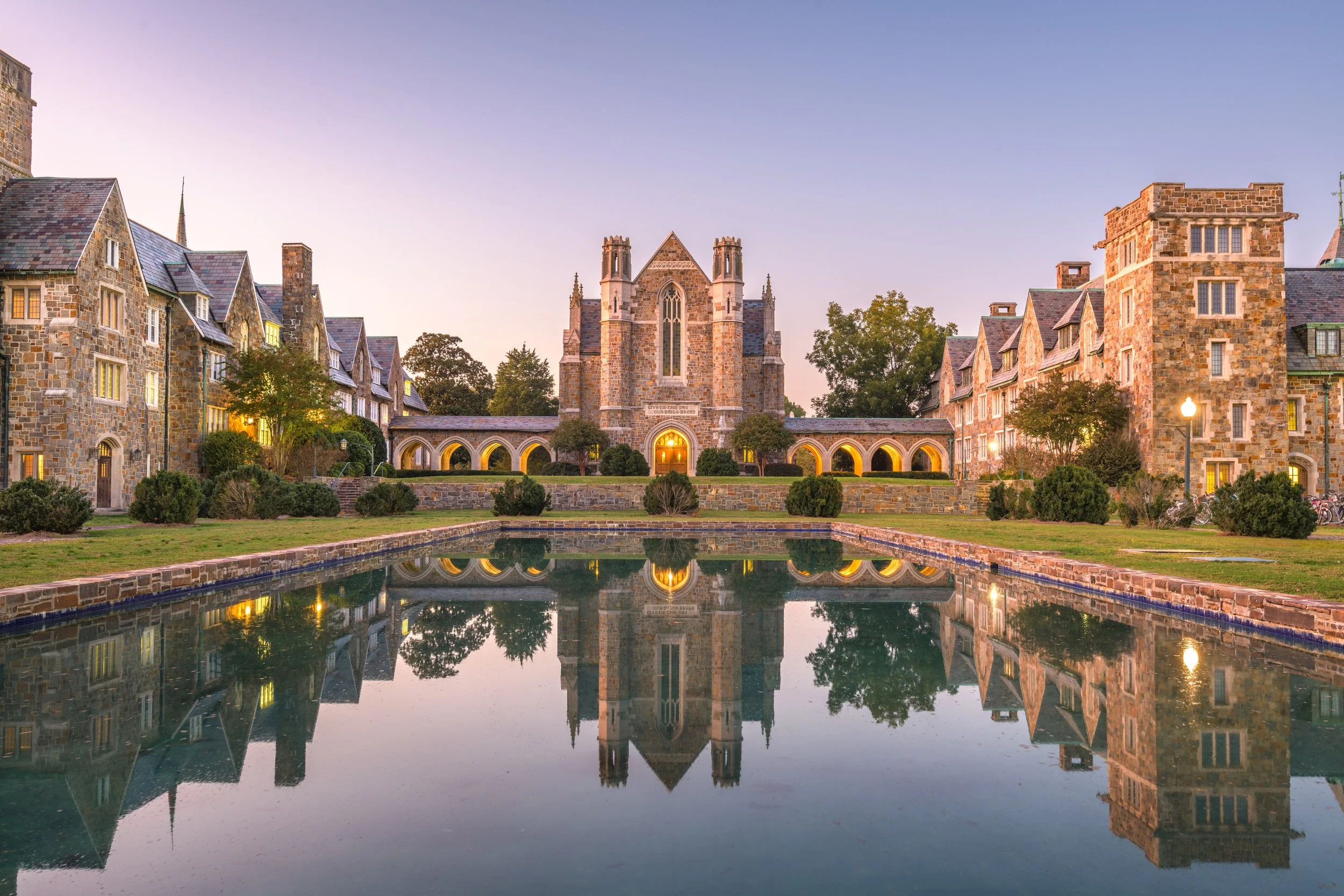Why Liberal Arts Colleges Are Worth Considering
When it comes to choosing the right college, students are often faced with a dizzying array of options—from large research universities to small community colleges. One category that often flies under the radar but offers a uniquely enriching experience is the liberal arts college.
What Is a Liberal Arts College?
Liberal arts colleges are typically smaller, undergraduate-focused institutions that emphasize broad-based education in the humanities, sciences, and social sciences. The goal is not just to train students for a specific job, but to develop critical thinking, communication, and analytical skills that can be applied across a wide range of fields.
Small Class Sizes, Big Impact
One of the most compelling features of liberal arts colleges is their intimate learning environment. With smaller class sizes, students often receive more personalized attention from professors, many of whom are deeply invested in teaching rather than research. This allows for deeper discussions, mentorship opportunities, and hands-on learning experiences.
An Emphasis on Interdisciplinary Thinking
Liberal arts colleges encourage students to explore a wide variety of disciplines. A philosophy major might take courses in biology or computer science, while a physics student could study literature or art history. This interdisciplinary approach fosters intellectual curiosity and helps students make connections between seemingly unrelated fields—an invaluable skill in today’s complex world.
Strong Communities and Campus Life
Because of their smaller size, liberal arts colleges often foster tight-knit communities. Students are more likely to know their classmates and professors personally, creating a supportive environment that extends beyond the classroom. Many schools also offer vibrant extracurricular activities, leadership opportunities, and study abroad programs that help students grow personally and professionally.
Preparation for the Future
Critics sometimes argue that liberal arts degrees don’t lead directly to jobs, but graduates of these institutions often excel in a wide range of careers—from business and education to medicine and law. In fact, the adaptability and communication skills that students develop are highly valued by employers. Many liberal arts grads also go on to earn advanced degrees.
Is a Liberal Arts College Right for You?
If you're someone who values a broad education, close interaction with faculty, and a strong sense of community, a liberal arts college might be a great fit. They offer a unique space for intellectual exploration, personal growth, and preparation for a wide range of careers—not just the first job after college, but the long haul.
Would you like personalized help creating the perfect college list for your student? Millan College Counseling brings 20+ years of experience in college admissions from institutions large and small, public and private, liberal arts colleges to STEM-focused universities, right to your student. Schedule your free consult today!
